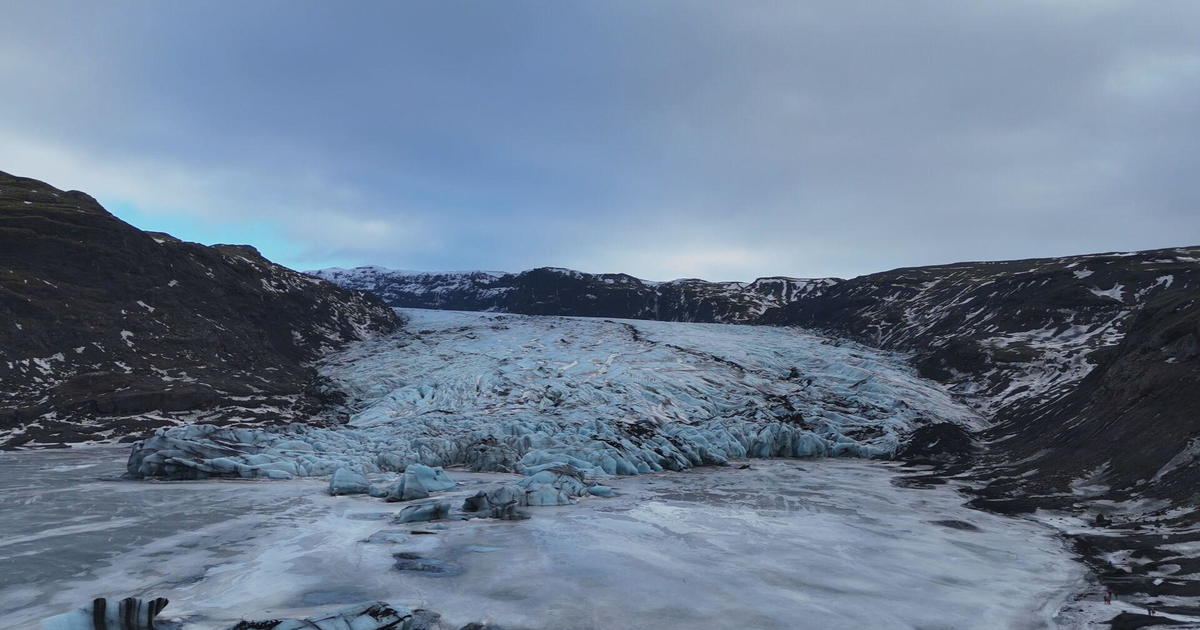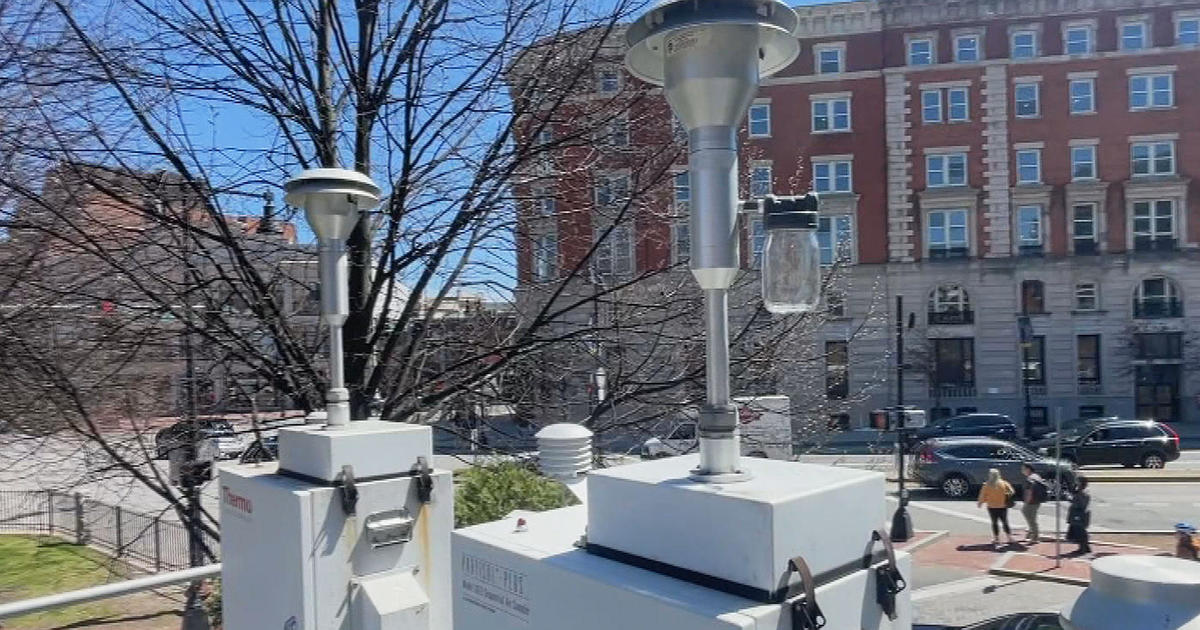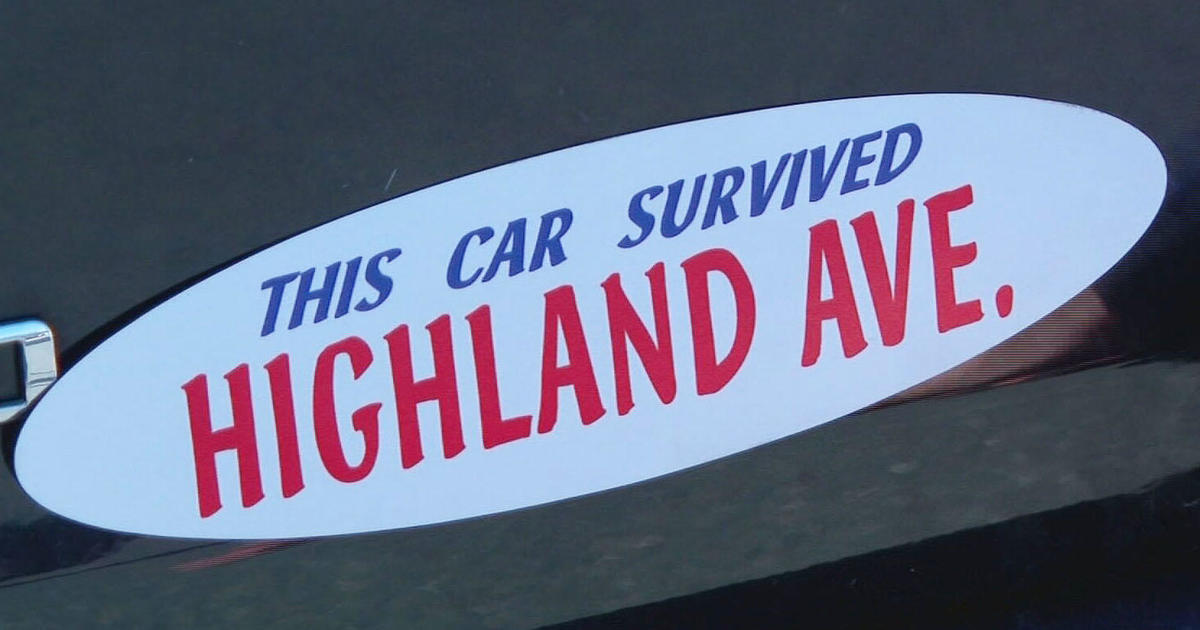Storm Front
Many will remember where they were when the Hurricane of 2011 made landfall. Some will recall it all too vividly and not with fondness. Those unfortunates with flooded basements, ruined vacation plans or not a mini-watt of power for a week or more would just as soon forget the whole thing. When you turn to Providence (and I'm not referring to Rhode Island's capital) for the simple comforts of a hot shower and a bit of chopped ice, you know you've been through the ringer.
Like most of my fellow travelers, I have hung around the planet long enough to have experienced my share of challenging weather. Stuff like hurricanes Bob and Gloria, crazy thunderstorms prompting funnel clouds or worse, and a hearty dose of nasty blizzards before and after the "Big Daddy" of them all back in 1978.
Now that the juice is flowing and I can put away the candles as I slave away at my writing desk, allow me to take stock.
Weather prognostication--- the science of meteorology--- has improved greatly over the last few decades. The advent of the Doppler Radar system, sophisticated satellites and a well trained, experienced legion of forecasters have improved accuracy and dependability overall. Everyone by now realizes that meteorology is and always will be an inexact science due to its very nature. Unless conspiracy theorists are correct and some secret government organization in a deep dark lair really does have an evil weather machine with Dick Chaney's initials carved on it, we are due to bow to the whim of upper level winds, the jet stream, troughs, isobars, barometric pressure and all the stuff that happens no matter what we do.
We should be impressed that meteorologists can tell us approximately (within hours) that system is due to affect us. Where that something is expected to land is tougher, but the weather folks get it right a lot more often than not. Statistics actually bear out an accuracy rate of 70 to 80 percent. Stack that up against any politician's promises and well, you see my point.
Also, I can't believe I'm about to write this, but the government's overall handling of weather emergencies has gotten better. Obviously, Hurricane Katrina pointed out what incompetence and lack of leadership on the local and state level can lead to. The feds (the bureaucrats mostly, not the majority of relief workers on the ground) didn't distinguish themselves either. Examining the general response by governors, mayors, public safety officials, police, the Coast Guard and others to most emergency situations nowadays, there seems to be a disciplined approach in keeping the public calm, informed and prepared. So kudos to those in power who choose not to make a tough situation worse by playing the hysteria card. Instead, we turn to media for our dosage of hype and hysteria, specifically to television.
Sadly, much of the TV reporting on weather emergencies has become a You Tube bonanza, the celebration of Gore Tex windbreakers worn by twenty-something sacrificial rookie reporters whose job it is to warn us of doom and peril as they themselves get knocked about by waves, tree limbs and storm surge. The latest video sensation occurred just last week during Hurricane Irene. It featured an intrepid young Edward R. Murrow in the making reporting from a sewerage runoff station near Washington, D.C. During the live-shot, he was set upon by what was described as mysterious green foam. There was nothing mysterious about the foam's odor, however. It didn't take the viewing public long to figure out that he had placed himself in the path of oncoming human waste from an overflowing treatment plant drain. The stuff certainly hit the fan as well as the young journalist. I suspect he remained in the sterilizing isolation unit somewhere at the CDC for quite some time following the affair. It reminds me of the old joke about the guy who for fifty-five years remained at his post at the circus sweeping up after the nightly parade of elephants. We all know what elephants are prone to do. When asked why he never quit the dirtiest and smelliest of lowly jobs after so many years he replied with the classic retort, "And what, give up show business?"
I observed a bit of TV this past storm cycle with reporters reminding us of what we need in emergencies and how to cope. Batteries, food, water. Really? I never would have figured that out. Of course, millions flock to their supermarkets to load up on bread, eggs and milk---more than they could possible use up in a month. French toast is obviously the meal of choice in any disaster. Most egregious of all occurred on the ABC network when a correspondent actually reported that in New York City officials were ready for the storm of the century with hundreds of body bags at the ready. Nothing like an image corpses floating down Broadway to settle one's nerves. Especially in a serene, low stress city like The Big Apple. I would have fired that reporter. The only problem with that idea is that his bosses and their consultants must have loved it. What's a hurricane good for if not higher ratings thanks to a good old fashioned panic?
Nature is infinitely more intelligent, resourceful and powerful than any president, legislature, army, navy or mass media. It doesn't waste a millisecond of its time concerned about ratings, public opinion polls, safety or inconvenience. Nature and its weather simply is. It is as foreboding as it is beautiful. I don't fear the weather but I sure as hell respect it. Ponder the thought that a storm churning through our area three hundred years ago, before anyone ever imagined what a modern city might look like, is a direct descendent of the same storm sweeping up the coast today. The difference is not the weather of course, just the fact that three hundred years later a whole bunch of us and our power lines now stand in its path. The earth has been and will continue to be on permanent spin cycle. Storms come and go; things continue to happen as they always have. Those of us lucky enough to be here should bear that in mind as we go along for the ride. Turn away from the noise, use common sense and always listen to your mother and have that umbrella at the ready.



